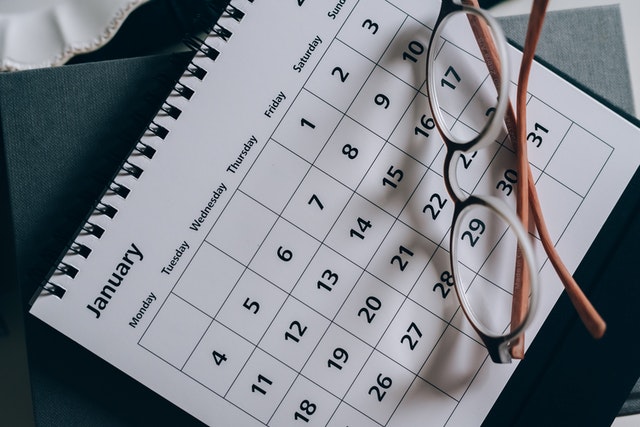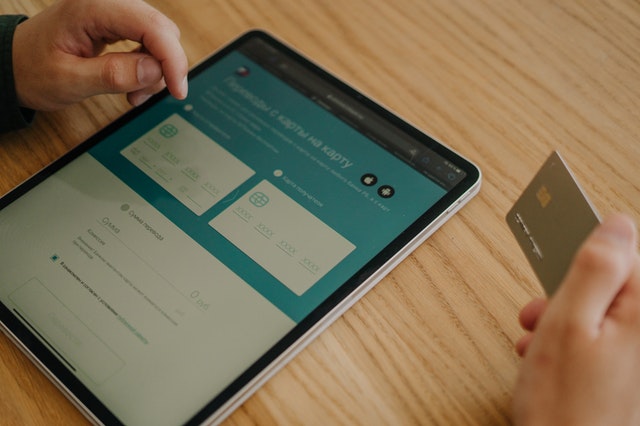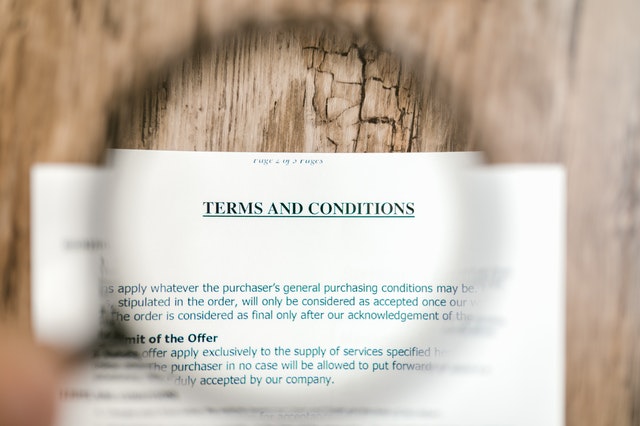Everything You Should Know About Tenancy Agreements
Tara Thiagarajan • Feb 15, 2022

Whether you’re a tenant looking for a place to rent or a landlord seeking to rent out your property, it’s important to know a thing or two about tenancy agreements. While these agreements are usually drafted out by a lawyer or attorney, it helps when you familiarise yourself with the basics, too.
A tenancy agreement is a contract between a landlord and their tenant outlining each party’s responsibilities and obligations during the tenancy period. This is a legal and binding document, and nothing is considered legally binding until both parties sign it and have it stamped by the Inland Revenue Board of Malaysia (LHDN).
So, if you’re seeking to rent, be sure to thoroughly go through every part of your agreement first. If you’re unclear about certain clauses, be sure to go through them with a lawyer to ensure you understand everything before signing it.
Every tenancy agreement should include the following details;
1. Property details

Image from Pexels
Your tenancy agreement should include details pertaining to the property you’ll be renting. Details like the unit or house number, type of property, and address are usually listed in the agreement. The tenant’s purpose for renting will also be stated. For example, if you are renting for your own stay, then the agreement will state that you are renting for “residential” purposes.
If you are renting out the entire property or just a portion of it (e.g. an entire apartment unit or just one room), details pertaining to this should also be clearly noted down in your agreement.
2. Tenancy period

Image from Pexels
Your agreement should also include your tenancy period (i.e. how long the landlord agrees for the tenant to stay in the property) and renewal clauses.
Most agreements have a 1 to 2-year tenancy period that can be renewed annually.
3. Rates
This may seem like a no-brainer, but still bears mentioning. Your tenancy agreement should clearly state rental and deposit costs (earnest, utility, and security deposits), as well as how and when tenants agree to pay their rent (here is where both parties should double-check their bank details to make sure everything is correct).
4. Responsibilities and obligations

Image from Pexels
To ensure both parties have a clear understanding of each other’s roles during your tenancy period, your agreement should also clearly list down each of the landlord’s responsibilities, along with the tenant’s obligations throughout their stay.
If your landlord will be providing tenants with furniture and appliances, this is the section of the agreement where those items will be listed down.
5. Terms and conditions

Image from Pexels
While each tenancy agreement may differ slightly, it’s important to pay attention to the terms and conditions pertaining to any of the following;
- Rental costs
- Deposit return
- Subletting or additional tenants
6. Other conditions

Image from Pexels
Other conditions and clauses that may need to be included in the tenancy agreement include;
- Conditions and/or events that the landlord will not be held liable for (these should be described in detail).
- All possible reasons for termination of the agreement and their respective penalties.
- Escalation clauses, which state the landlord’s right to increase rental costs for subsequent years.
After reading and signing the tenancy agreement, tenants are required to pay Stamp Duty fees before it is stamped by LHDN.
While tenants and landlords typically split the cost on the legal fees, the tenant is also required to pay the administration fees for the tenancy agreement.
So, those are the basics of a Tenancy Agreement covered!
Whether you’re a landlord or tenant, it’s important to familiarise yourself with and understand the details before diving in.
Considering investing in a property that could potentially be rented out to future tenants? Select "Get The Best Property Deals" on the FOUN homepage to browse our expertly curated property listing and ensure you get the best deal on exclusive, sought-after projects. Your next property is just waiting to be FOUN!